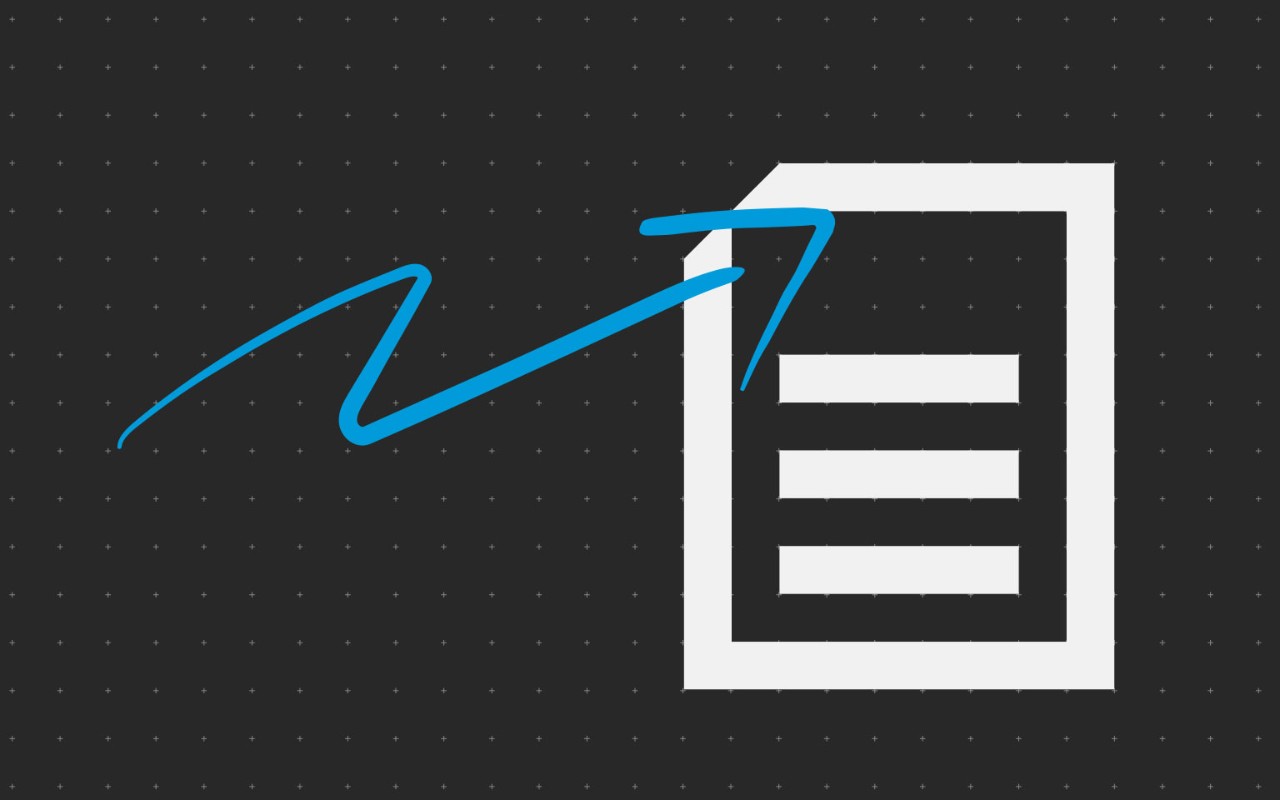Reclaiming focus to achieve the things that matter most
Cal Newport, the best-selling author of productivity books such as Slow Productivity and Deep Work states, "We are most productive when we focus on a very small number of projects on which we can devote a large amount of attention." He believes that by dedicating our focus to one or two important things, we can achieve the greatest outcome.
All of which makes sense, right? Except that we are living in a highly distractable world where our devices, emails, social media and other stimuli are frequently vying for our attention and workloads are rarely constrained to “one or two important things”.
So how do we get it together to get through our day to day and still have enough attention to focus on the important things?
Sahil Bloom offers some ideas in his weekly newsletter, The Curiosity Chronicles, where he suggests four strategies to reclaim your attention.
1. Create a boot up sequence
Create a routine that helps to “get you in the zone”. This could be anything from turning on some classical music to brewing a nice cup of coffee before you sit down to work. The repetition of a routine signals to your brain that it’s time to focus.
2. Schedule focus blocks
This strategy to schedule focus blocks using a timer is taken straight from the Pomadora Technique, which specifies that you focus hard for an allocated time, say 30 minutes, before taking a break.
3. Take a walk
Sometimes you just need to move to clear the brain fog. A brisk 15 minute walk can be all it takes to solve a problem. You could also try “box breathing”, a simple relaxation technique that helps to clear the mind and restore focus. The technique is simple: Close your eyes, breathe in for four, hold your breath for four, and breathe out for four, hold your breath for four, and repeat.
4. Leverage Parkinson's Law
Parkinson's law refers to an observation made by the naval historian Northcote Parkinson in the 1950s, that “work expands so as to fill the time available for its completion", or as I like to say, “deadlines get the deed done”. By allocating a minimal amount of time to a specific task, you’re more likely to get it done quickly than if you have an open-ended time for completion.
With so much in the world (particularly the digital realm) designed to pull our attention away from the task at hand, it’s crucial that we learn to fight for our focus. After all, it took Einstein three years of deep focus, but in that time he devised the theory of relativity, so imagine the multitude of smaller tasks we could achieve if we just constrain our focus to a couple of things that matter most.
